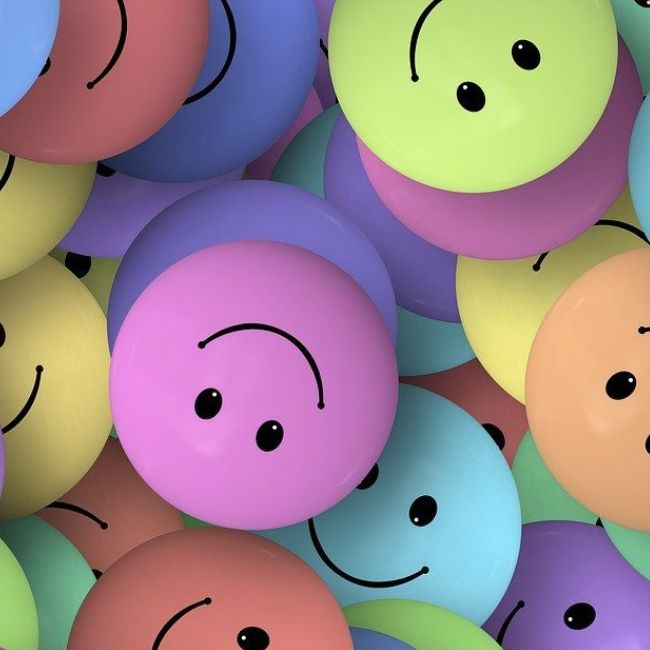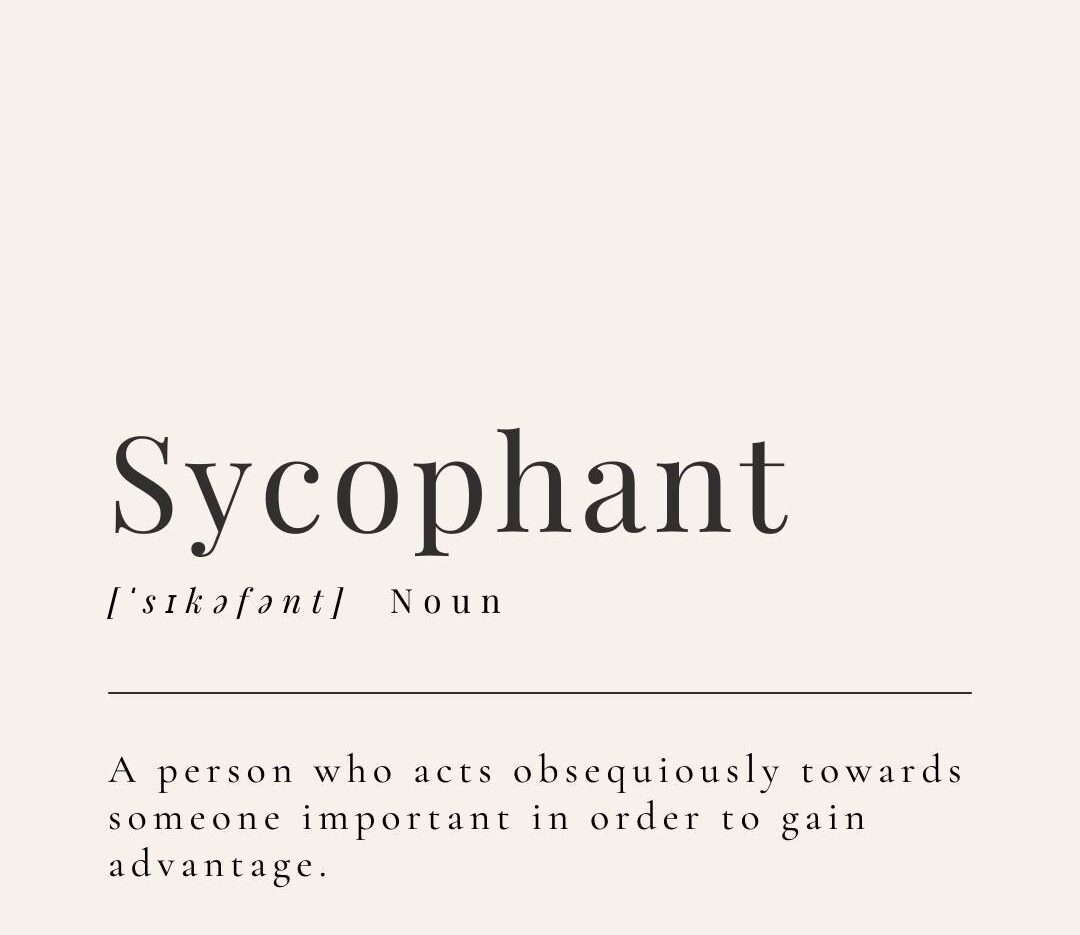Here goes. I’m going to have a go at dealing with go, one of the commonest, and most complicated, verbs in English. Everyone knows how the verb go goes: go, went, gone. But where has goed gone?
It goes without saying that goed was, of course, never there in the first place. In Old English, gán (to go, the accent indicating a long vowel) was a defective verb (a verb that lacks one or more of the usual forms, like modal verbs, for example) and had to go without a past tense. If the account in the OED is anything to go by, the gap was filled by éode, ultimately derived from the Indogermanic root ya- (to go). This went on, in Middle English, to become yede or yode.
Meanwhile, another verb had gone and become synonymous with go, the verb wend, in use today mainly in the phrase wend one’s way. The history of wend goes back to the Old English wendan, and, the argument goes, ultimately to an assumed Indo-European root of *wand- (the asterisk indicates a form that is assumed to have existed, even though no examples of that precise form have been found). The modern words wind (the verb, with past tense wound), wander and wand all go back to this same root. Now, the verb wend originally went wend, wende, wended, but the forms wente and went for the preterite and the past participle became common from about 1200 onwards. (You can see where this is going, can’t you?)
Over the next 300 years, the old past tense of go (yede or yode) gradually went by the board and was replaced in the south by the past tense of wend, while wend acquired a new past tense, wended. In Scotland and some northern dialects, yede/yode didn’t go the distance either and was replaced by a new formation, gaed, based on the present tense (the closest we came to having the word goed). The southern form went went north, leaving us with go in its modern form. This merging of two verbs into one goes by the name of ‘suppletion’ and regular readers will remember that what goes for go also goes for be, the other verb in English whose modern form is a result of suppletion.



